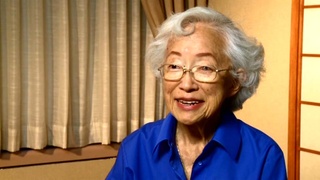The Grand Duty left to the Issei (Japanese)
(Japanese) The immigration to Paraguay involved farmers buying land from the Japanese government and building up a colony. Because of this system, they were able to immigrate, not as hired workers, but as patrons. Throughout my 50 years in Paraguay, I was not employed to work, but I was able to hire locals to work together on the farmland.
These conditions brought to the surface both the good and bad sides of the Japanese and Paraguayan people. I worked on building society up while being squished between the two cultures. It took a while for us to realize that we, the immigrants, were foreigners. Our colony was established by a group of Japanese immigrants that built a Japanese language community in Paraguay. This caused a lot of jealousy and challenges from the locals, however. In order to create harmony, we shared the support we received from Japan with the locals, and through this, we were able to build up a community. This provided the Issei with a valuable way of communication in order to assimilate into the area. Because of this gesture, it is uncommon in Paraguay for Nikkei to face discrimination.
However, the Nisei and Sansei are localizing themselves. Though there have been no cases of criminals or delinquent Japanese having to stand in court, I cannot guess as to what the future of society holds. I feel that an answer lies in the duty of the Issei to hand down the Japanese way of life to the future generations.
Date: March 24, 2009
Location: Tokyo, Japan
Interviewer: Alberto Matsumoto
Contributed by: Watase Media Arts Center, Japanese American National Museum










